
Research - Versatile Research Assistant

Hello, how can I assist you with your academic research today?
Empowering research with AI
Can you explain the differences between qualitative and quantitative research?
What are the best practices for designing a survey study?
How do I interpret a p-value in the context of a hypothesis test?
What are the key components of a systematic literature review?
Get Embed Code
Overview of Research
Research in the context of this GPT's capabilities refers to the systematic investigation into and study of materials and sources in order to establish facts and reach new conclusions. This encompasses a broad range of activities from the formulation of research questions, through the collection and analysis of data, to the dissemination of findings. The design purpose of this GPT, named Academic Research, is to assist users in navigating the complexities of research methodologies, interpreting study results, and enhancing their understanding of various scientific investigations. This involves providing guidance on the design of studies, understanding statistical analyses, evaluating the validity and reliability of research, and offering insights into ethical considerations in research. For example, a user might be guided through the process of designing a randomized controlled trial, including the selection of appropriate sample sizes, randomization techniques, and outcome measures. Another scenario might involve assisting a user in interpreting the results of a meta-analysis, explaining concepts such as heterogeneity and effect size. Powered by ChatGPT-4o。

Core Functions of Research Assistance
Guidance on Research Methodologies
Example
Explaining qualitative vs quantitative research methods.
Scenario
A graduate student is preparing a thesis proposal and is unsure whether to adopt a qualitative or quantitative approach for studying the impact of social media on mental health. This GPT can elucidate the strengths and limitations of each method, helping the student decide based on the nature of the research question and the type of data available.
Statistical Analysis Interpretation
Example
Clarifying concepts like p-values, confidence intervals, and regression analysis.
Scenario
An early-career researcher is analyzing survey data to understand factors influencing vaccine hesitancy. The researcher struggles with statistical terms and interpreting the output from statistical software. This GPT can provide explanations of statistical concepts and guide the researcher in drawing valid conclusions from the data.
Ethical Research Practices
Example
Discussing the importance of informed consent and privacy protection.
Scenario
A team conducting research on patient data seeks advice on ethical considerations. This GPT can offer insights into ensuring participant confidentiality, securing informed consent, and navigating ethical review board requirements.
Literature Review Assistance
Example
Guiding on how to conduct systematic literature reviews and meta-analyses.
Scenario
A policy analyst needs to compile evidence on the effectiveness of remote learning. This GPT can advise on structuring a literature review, selecting databases, and using software for managing references and extracting data for a meta-analysis.
Target User Groups for Research Services
Academic Researchers
Individuals engaged in conducting studies within academic institutions, including students, faculty, and postdoctoral researchers. They benefit from guidance on research design, statistical analysis, and publication processes, which are critical for academic success and contributing to their field of study.
Policy Analysts and Decision Makers
Professionals in governmental or non-governmental organizations who rely on research to inform policy decisions. They require assistance in understanding the current evidence on various issues, interpreting research findings accurately, and applying this knowledge to develop evidence-based policies.
Industry Professionals
Individuals in sectors such as healthcare, technology, and marketing who conduct research to improve products, services, or strategies. They benefit from understanding research methodologies and data analysis to make informed decisions based on empirical evidence.

How to Utilize Research Effectively
Start Your Journey
Begin by visiting yeschat.ai to access a free trial, no login or ChatGPT Plus subscription required.
Define Your Objective
Clearly articulate your research goals. Whether it's academic research, market analysis, or creative writing, having a clear objective guides your queries.
Select the Appropriate Mode
Choose the research mode that best fits your needs. Modes might include literature review, data analysis, or brainstorming sessions.
Interact Intelligently
Craft your questions or prompts clearly and concisely. Use specific keywords or phrases that accurately reflect your research needs.
Review and Refine
Evaluate the responses you receive. Refine your queries based on initial outcomes to deepen your research or to explore related topics.
Try other advanced and practical GPTs
Turn Article Into 3 Points
Simplify reading with AI-powered summaries
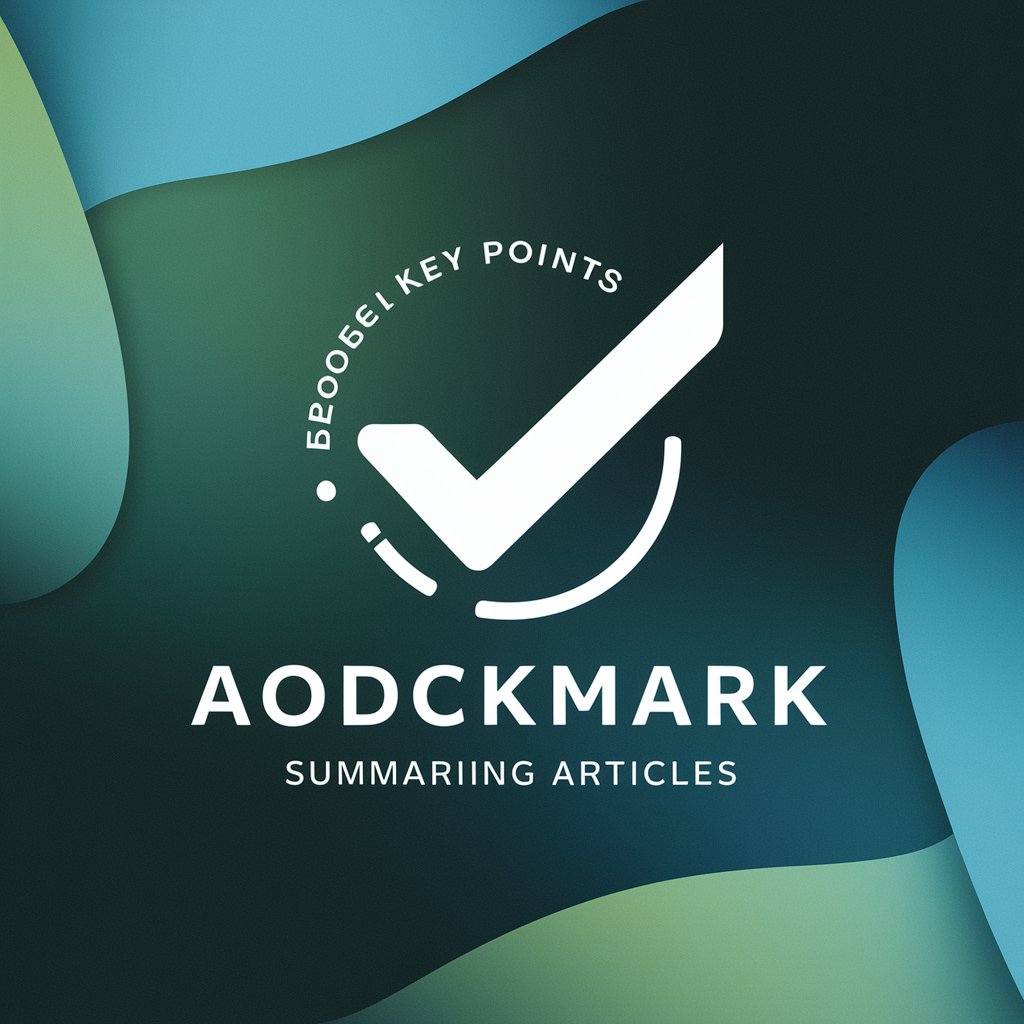
History
Empowering history exploration with AI.
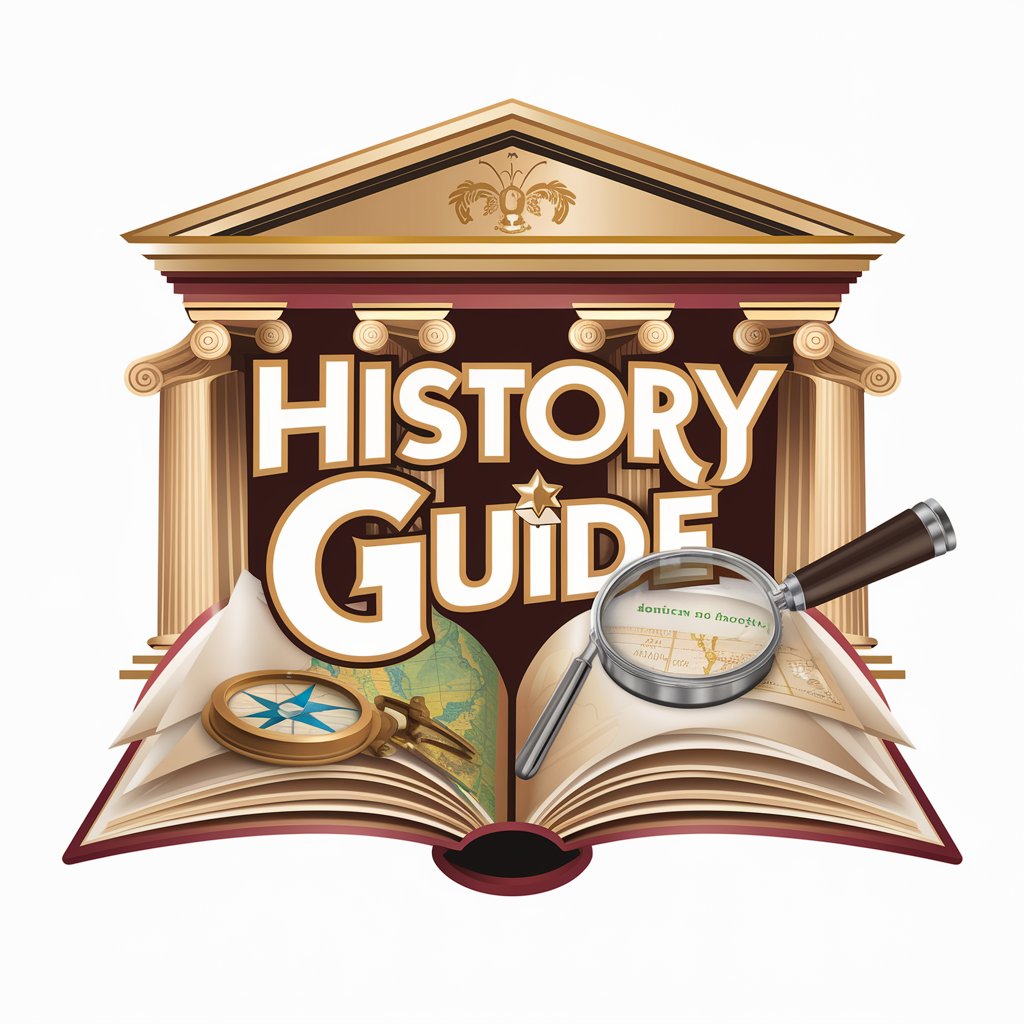
Unreal History
Bringing History to Life with AI

History Scholar
Explore history with AI-powered guidance
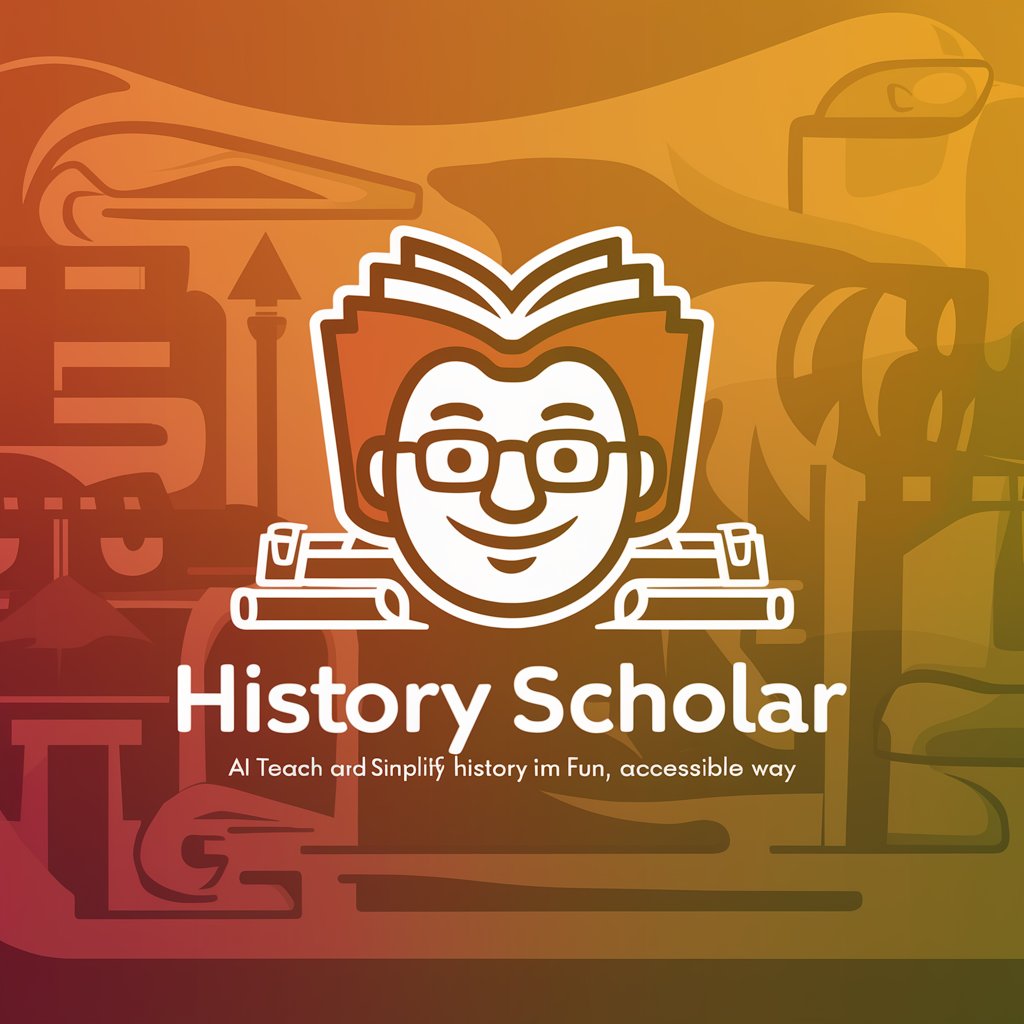
BTSE SEO article outline generator
AI-Powered SEO Article Planning
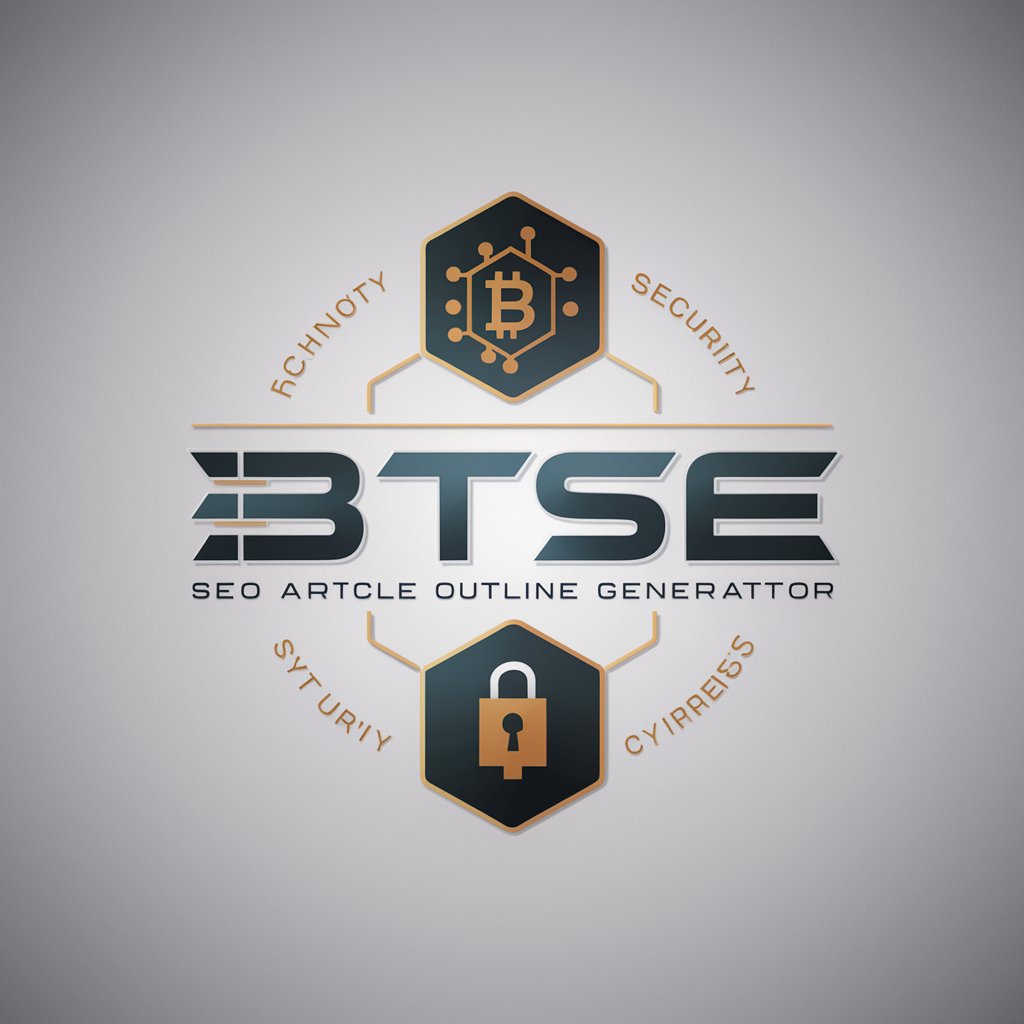
NeurIPS 2023 Paper Navigator
AI-Powered Academic Exploration
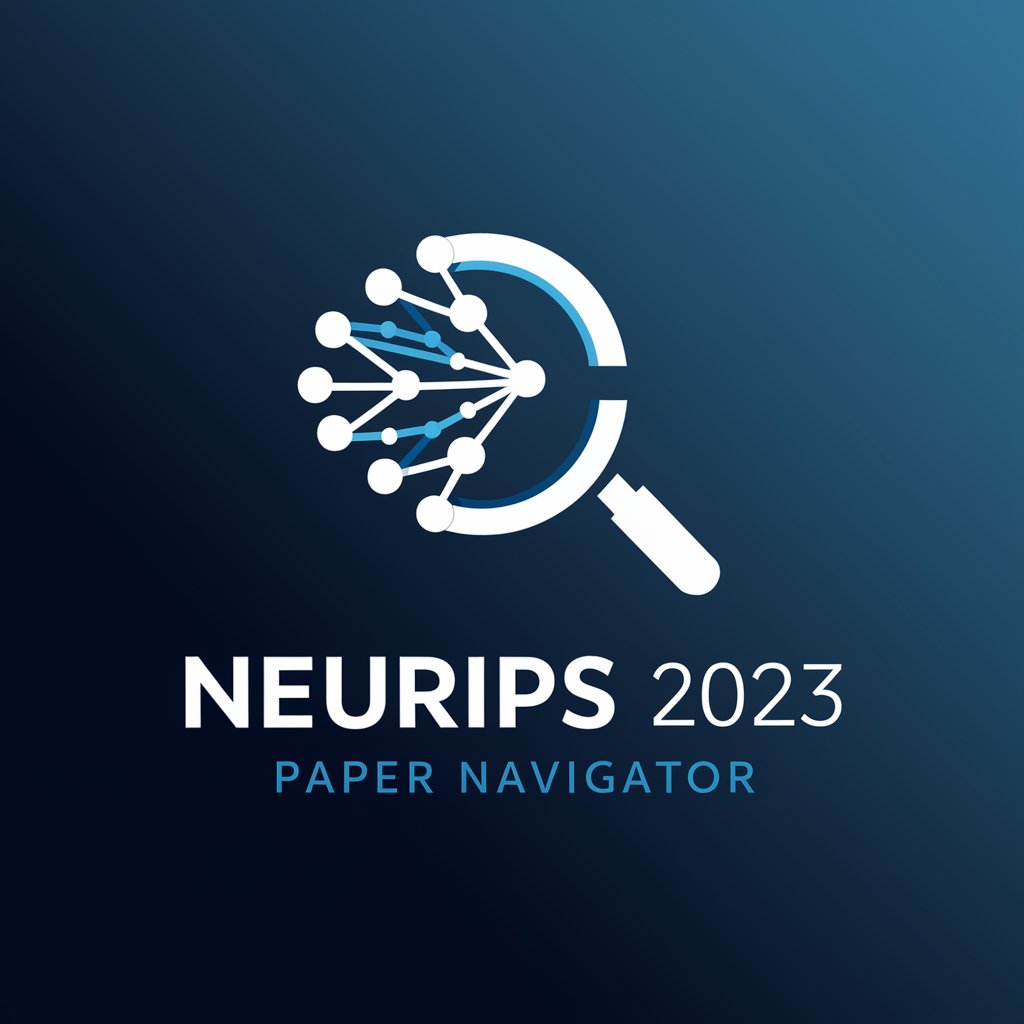
1 Advisor ISO 27001:2022
Your AI-Powered Path to Information Security Excellence

Convergence 2030 Simplified Essayist
Transforming Futures with AI Insights
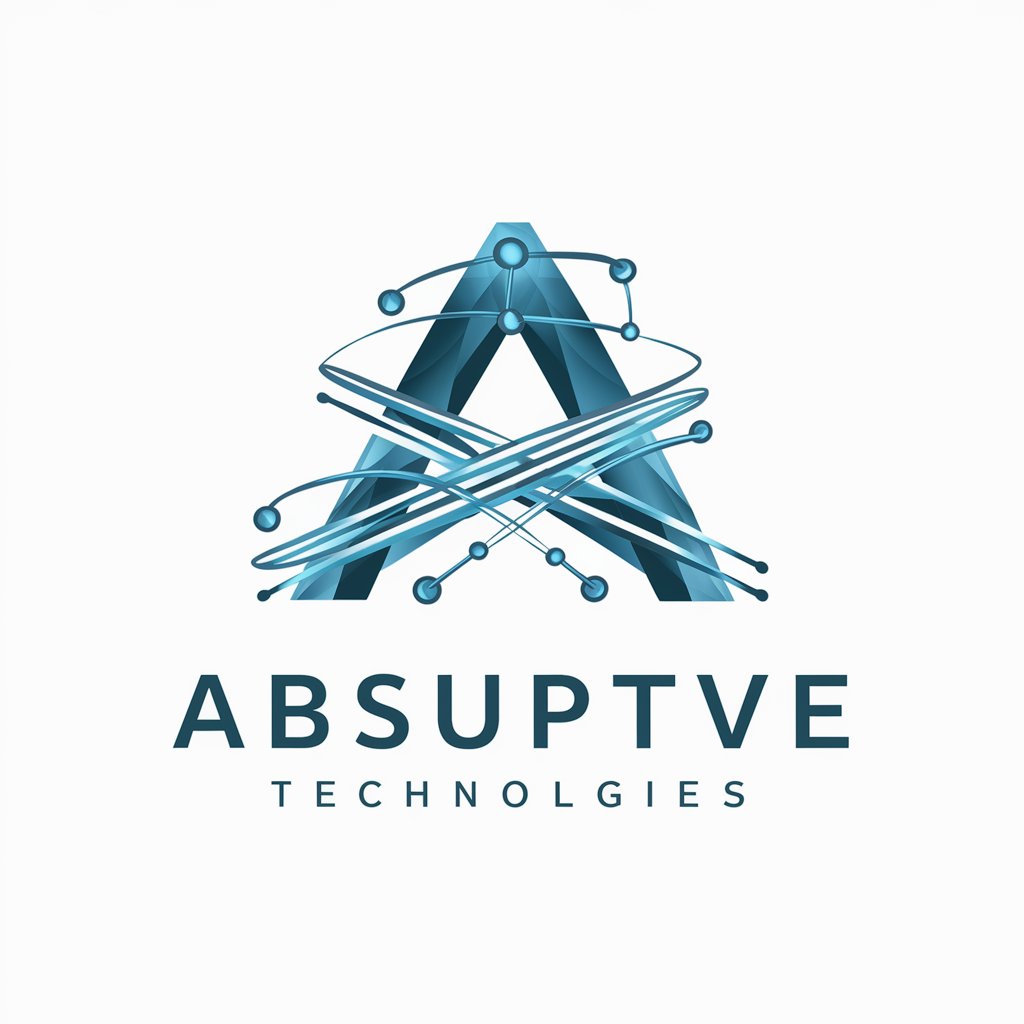
Sopact Builder 1
Crafting Impact with AI Precision
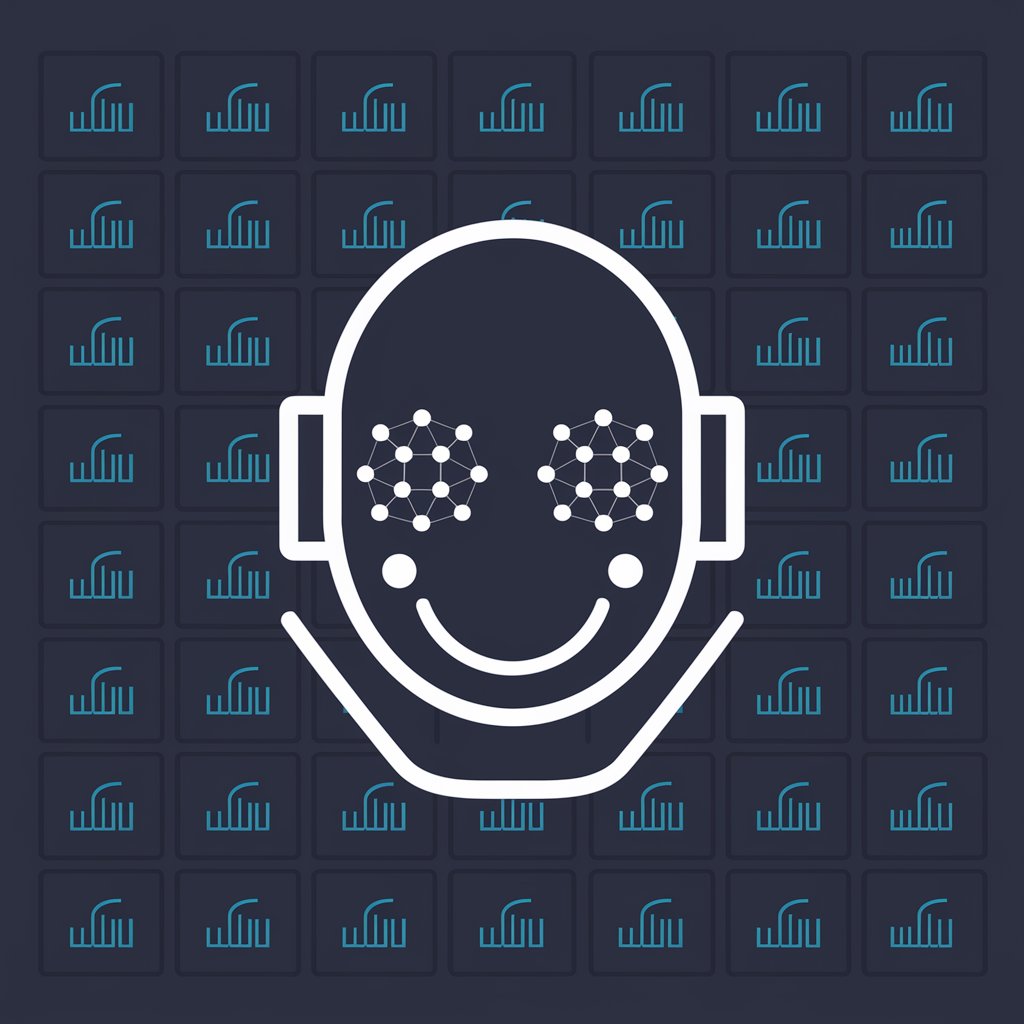
Academic Paragon
Empowering your academic journey with AI-driven insights.
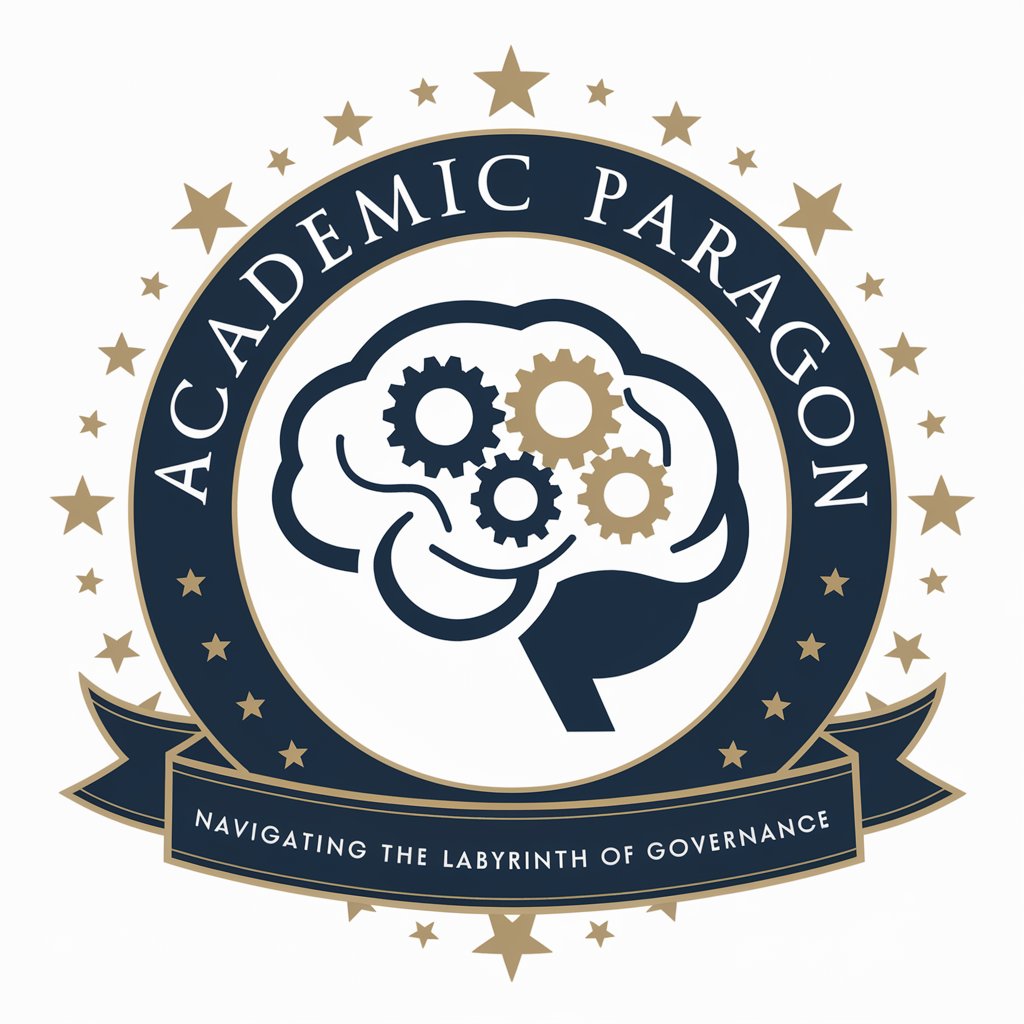
U-CARE
Crafting Personalized Academic Excellence

GeoLocator
Decipher the world with AI-powered geolocation.

Frequently Asked Questions About Research
What is the primary function of Research?
Research aids in gathering, analyzing, and interpreting information on a wide range of topics to support academic, scientific, and professional inquiries.
Can Research assist in data analysis?
Yes, Research can provide guidance on data analysis techniques, interpret statistical results, and suggest ways to visualize data findings effectively.
How can Research support academic writing?
Research offers insights into structuring your paper, citing sources correctly, and ensuring your arguments are well-supported with evidence.
Is Research capable of generating new ideas?
Absolutely, Research can stimulate creative thinking by suggesting new perspectives, providing brainstorming prompts, and exploring hypothetical scenarios.
Can Research help with non-academic projects?
Yes, Research is versatile and can support a wide range of projects including business plans, creative writing, and technical documentation.